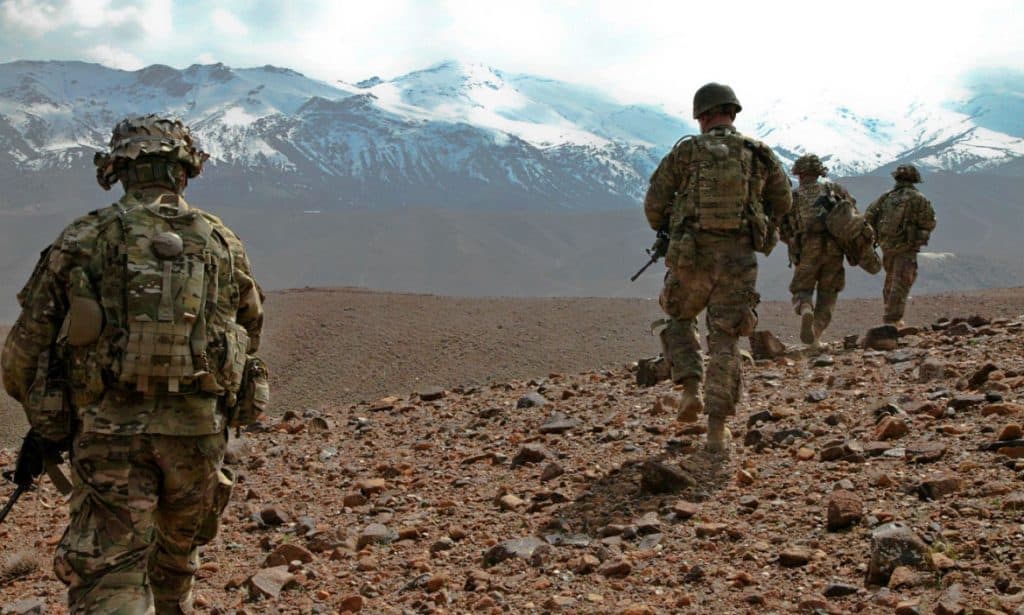By Denis Korkodinov
Afghanistan has traditionally been a transit point for international trade, military operations and political games. The development of large oil fields in the Central Asian region, noticeably intensified in the second half of the 20th century, significantly increased the interest of the international community in Afghanistan.
Meanwhile, using Afghanistan as a transit economic zone and a source of natural resources, the international community is faced with a big problem. We are talking primarily about drug trafficking and the terrorist threat. These problems have created and continue to create great obstacles to conducting effective economic activity through Afghan territory.
For this reason, many regional players began to actively intervene in the affairs of Afghanistan in order to remove existing barriers. Moreover, the stakes of the international community were made on various political and military forces of the country, which created the basis for a protracted Afghan crisis.
The strategic advantage of Afghanistan is in its passes: Khyber, Khodzhak and Gomal, which allow connecting Eurasia with the Indian Ocean and, thus, are of interest to regional players both economically and militarily since the time of Alexander the Great.
Due to the numerous problems associated primarily with the geographical features of the Afghan area, as well as with the inability to achieve a military advantage in the region, the United States has long sought to leave Afghanistan.
For this, it was necessary to create conditions for reconciliation between the Taliban and the government of official Kabul, which would serve as a guarantee for ending the civil war and contribute to the unimpeded exit of the American contingent. However, such a Washington strategy was unsuccessful, since the parties to the Afghan conflict were not inclined to normalize relations with each other, while regularly turning to the United States for military support.
Similar attempts by Russia and China to influence Afghanistan also did not bring the desired results. In this regard, Washington, Moscow and Beijing decided to influence Afghan politics through Pakistan, for which China began to actively develop the Belt and Road project in the region, Russia – to provide economic and military assistance to Islamabad, the United States – through public criticism to force representatives of Pakistan the political establishment to meet American needs.
Islamabad, in turn, has the ability to influence some Afghan groups and, thus, is able, to a certain extent, to moderate the political processes taking place in Kabul. In particular, Pakistan has fairly strong ties with the Haqqani group, which plays a significant role in exerting pressure on the government of Ashraf Ghani.
In addition, Pakistani armed forces operate in Afghanistan, among which the Lashkar-Taiba detachment, led by Hafiz Muhammad Saeed, is especially represented. Nevertheless, the political crisis in Afghanistan is not weakening, despite the efforts of the international community to neutralize it. Afghanistan continues to be associated with international terrorism and drug trafficking, which indicates that resolving crisis manifestations in it is a very long matter.
(The opinions expressed in this article are solely those of the author and do not necessarily reflect the views of World Geostrategic Insights)







